The family has attracted significant attention from various divine and man-made legislative frameworks. Indeed, ancient civilisations manifested great interest in the family due to its key social, economic, and political role. This only serves to highlight the consensus among people regarding the importance and centrality of the family to human society. However, the degree of attention and features of conceptualisation have varied, due to a number of defining factors. In the Noble Qurʾān, the jurisprudence (fiqh) of family is distinguished by fine detail at the level of legislation and objectives (maqāṣid). This is consistent with the centrality of the family to the rise and subsequent advance of civilisations. However, today’s observer of the family is obliged to holistically grasp the spirit of the times. This requires gathering different perspectives and approaches that address the family congress. This pre-supposes a re-ordering of objectives, given that these are the higher aims to which the family congress aspires. Moreover, linking these to the needs of human beings and the conditions of civilisation. A number of the objectives of the family are associated with “protecting the human being (ḥifẓ al-insān)”. Some relate to human physical existence, such as preservation of the species (ḥifẓ al-naw‘) and preservation of progeny (ḥifẓ al-nasl). Others relate to the foundation of human moral existence, such as purification (tazkiyah), and consolidating identity by preserving bloodlines (ḥifẓ al-nasab). On the other hand, the objectives of the family, as a congress, are numerous, and include shielding from amorality through marriage (iḥṣān), chastity (‘afāf), inner peace (sakan), and mutual compassion and solidarity (tarāḥum). The objectives of the family in the Noble Qurʾān go beyond the human individual and the limited family congress, to encompass the extended human congress. Indeed, the family fulfils several objectives in the course of protecting the nation of “humankind”. These include preserving the innate (fiṭrah) as a common human feature, standing as a barrier to savagery that leads to the disintegration and dissolution of human congress. Similarly, the objective of mutual recognition (ta‘āruf) with its moral rules, given it is a pre-condition for effective communication between people, and as such secures mutual compassion and solidarity, and prevents animosity and separation.
 Shared Knowledge
Shared Knowledge
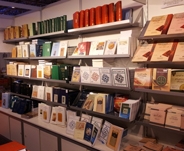
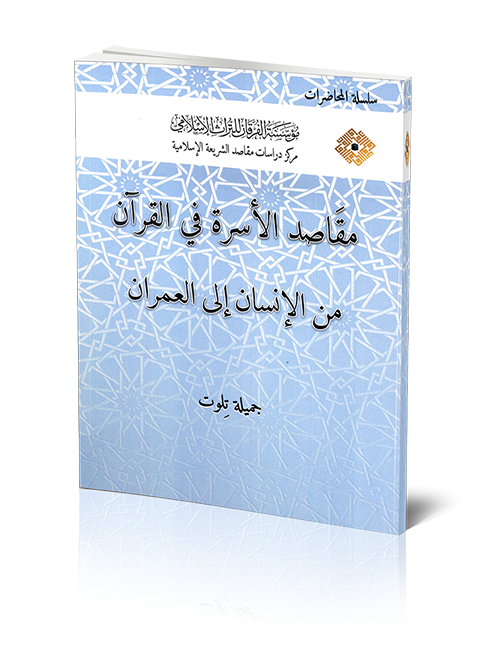
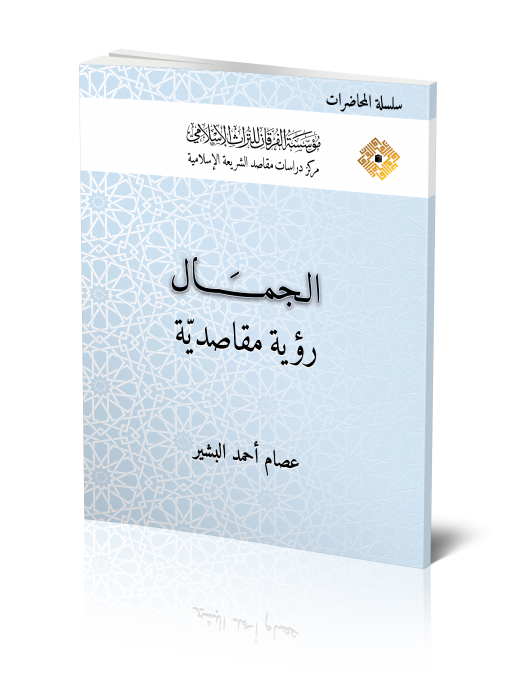 Beauty: An Approach Based on the Philosophy of Islamic Law
Beauty: An Approach Based on the Philosophy of Islamic Law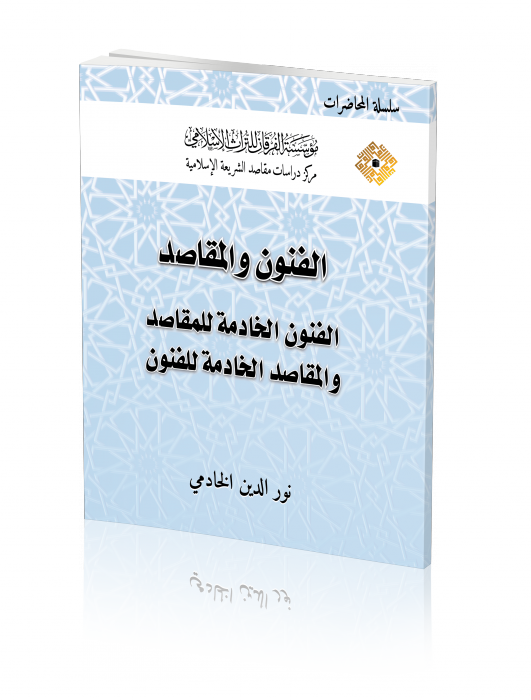 Arts and Maqāṣid: The Arts that serve Maqāṣid, and the Maqāṣid that serve the Arts
Arts and Maqāṣid: The Arts that serve Maqāṣid, and the Maqāṣid that serve the Arts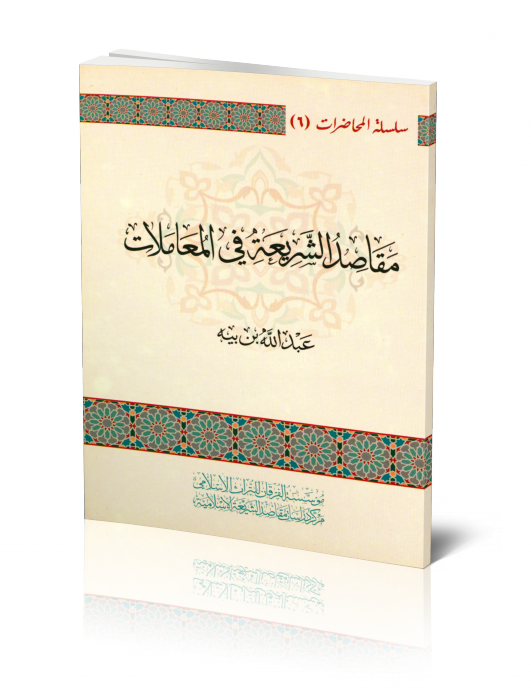 Purposes of the Islamic Financial Law
Purposes of the Islamic Financial Law